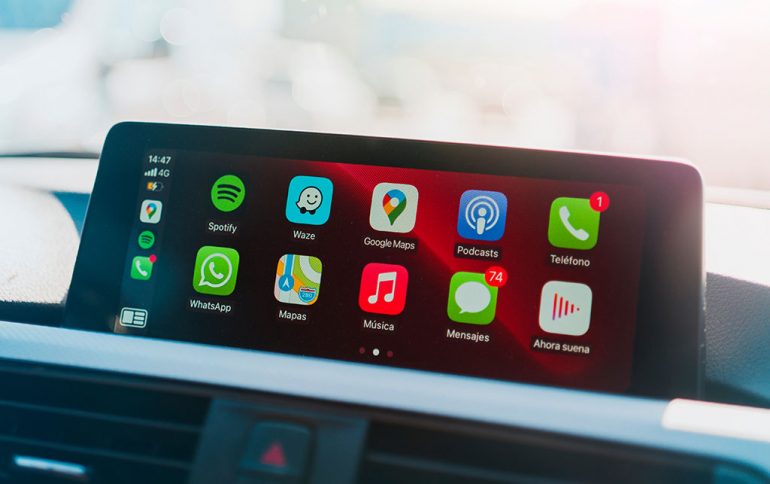
A recent survey highlighted that a significant portion of car buyers view the absence of Apple CarPlay or Android Auto as a critical factor in their purchasing decisions. These systems, which replicate smartphone interfaces on vehicle infotainment screens, are highly popular, with adoption rates exceeding 90 percent among 2023 model year vehicles, as reported by Wards Intelligence.
However, the integration of these platforms has become a contentious issue within the automotive industry. Automakers are cautious about relinquishing control of the in-car experience to tech giants like Apple and Google. The infotainment system is increasingly pivotal as vehicles become more software-driven, serving not only as a user interface but also as a potential revenue stream through subscription services and brand loyalty.
Also, don’t forget that you can get discounted new car pricing with a free quote through qualified local dealer partners.
Apple CarPlay, in particular, has drawn scrutiny for its dominance and the implications of its next-generation capabilities. The U.S. Department of Justice has raised concerns about anticompetitive practices, alleging that Apple’s advancements could lead to an overly iPhone-centric experience for drivers, a claim Apple and industry experts contest.
Some automakers, such as Aston Martin and Porsche, are embracing the next generation of CarPlay, including extended display capabilities across multiple interfaces. In contrast, others, like Rivian and Tesla, opt not to support CarPlay or Android Auto at all. Initial research from Rivian indicated that while many customers initially desired CarPlay, familiarity with Rivian’s native system reduced this preference significantly.
General Motors (GM) is among those exploring native infotainment solutions that integrate seamlessly with various smartphones while offering enhanced vehicle control and customization options. Despite advancements in native systems, consumer adoption remains a challenge. According to McKinsey’s survey, a significant majority of respondents indicated they would continue using smartphones rather than transitioning to native systems if smartphone integration were unavailable.
Industry analysts suggest that as native infotainment systems evolve and users become more accustomed to them, perceptions may shift. Ultimately, automakers believe in the potential of their native solutions to win over consumers, even those initially drawn to the convenience of CarPlay and Android Auto. This evolving landscape underscores the ongoing competition and innovation in automotive infotainment as manufacturers seek to balance user preference with technological advancement and brand differentiation.
Source: Automotive News